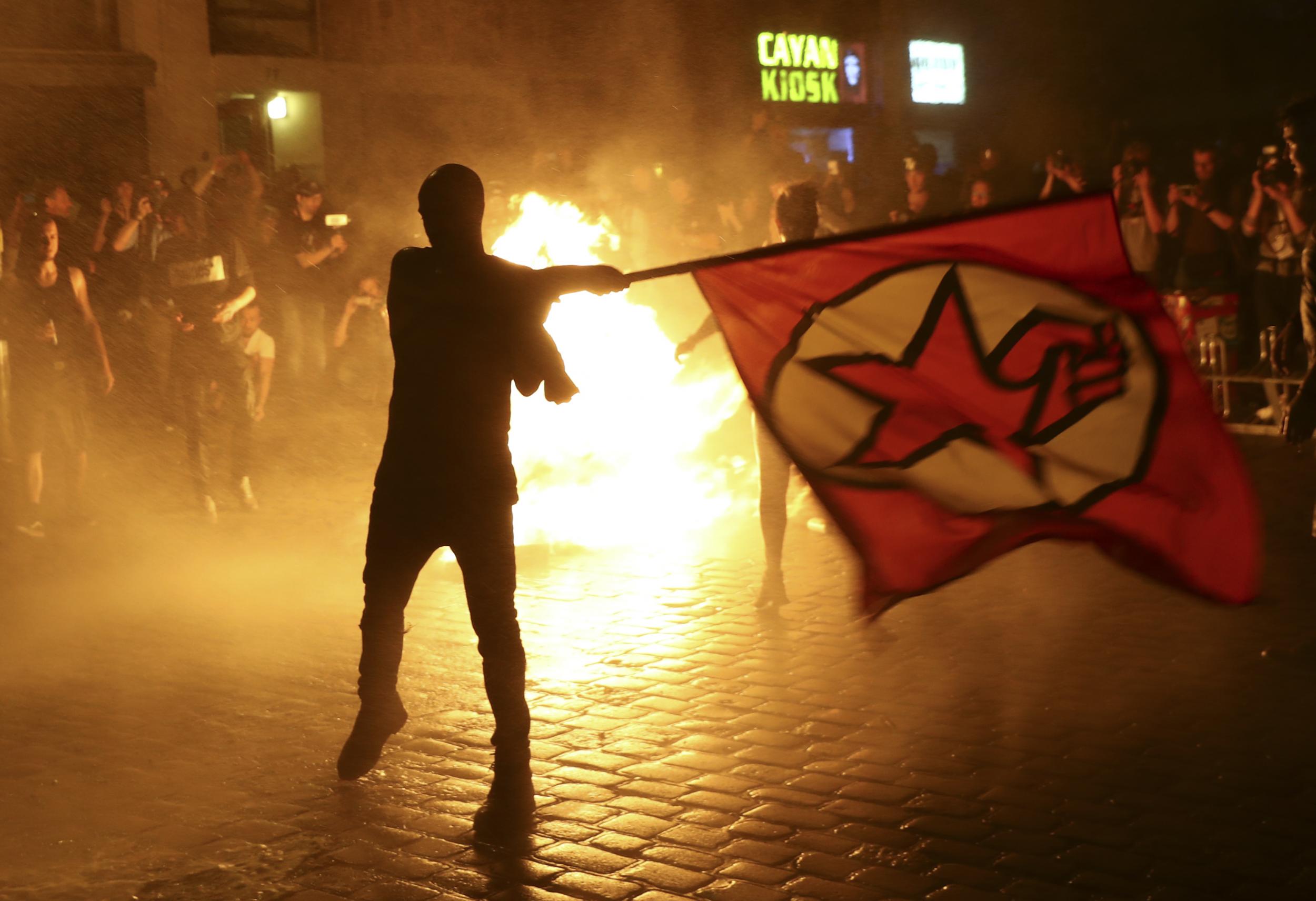Facebook use linked to attacks on refugees, says study
'Our results suggest that social media can act as a propagation mechanism between online hate speech and real-life violent crime,' the research states

There is a correlation between increased Facebook use and real-life attacks on refugees in Germany, according to a landmark study.
Researchers at the University of Warwick studied attacks in Germany across a two-year period and discovered that towns with an above-average use of Facebook experienced more violence against refugees.
The study, Fanning the Flames of Hate: Social Media and Hate Crime, used Facebook data to investigate the link between anti-refugee sentiment on the social network and hate crime.
The trend was not attributed to general internet use, but rather specifically the use of Facebook, where racist vitriol is stoked within groups on the platform.
Exposure to such anti-refugee sentiment had a causal effect on violence, the study suggests.
The researchers used Germany as a case study, where the right-wing party Alternative fur Deutschland (AfD) has recently gained a major social media presence.
"We show that right-wing anti-refugee sentiment on Facebook predicts violent crimes against refugees in otherwise similar municipalities with higher social media usage," the study's authors write.
"Our results suggest that social media can act as a propagation mechanism between online hate speech and real-life violent crime."
Across Germany, the researchers suggested that one-tenth of all violence against refugees was a result of this effect.
Facebook declined to comment on the study but told The New York Times: "Our approach on what is allowed on Facebook has evolved over time and continues to change as we learn from experts in the field."
The study that more research is needed to demonstrate effective ways to tackle online hate speech.
It closes: "By quantifying the extent of the problem, our paper aims to make a first step towards identifying potential harm arising from extended social media usage."
Join our commenting forum
Join thought-provoking conversations, follow other Independent readers and see their replies
Comments
Bookmark popover
Removed from bookmarks